Jasmine Crowe, CEO | Atlanta, GA | B2B / Food Services
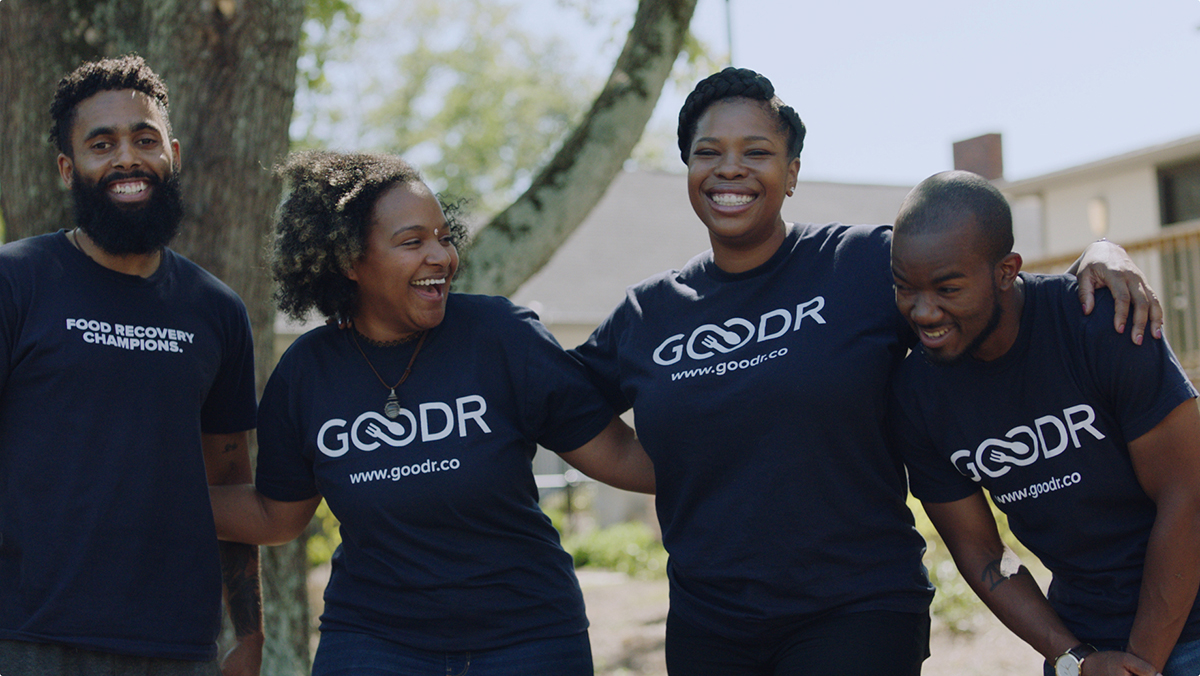
JASMINE CROWE, CEO
Nearly a third of small business owners say that without digital tools they would have had to close all or part of their business during the COVID crisis.
Women small business owners are 11% more likely to make use of digital tools than men, particularly when it comes to social media (43% vs. 29%).
Today, she is CEO of a digitally driven food-management company that has successfully diverted millions of pounds of excess food from landfills and toward those who need it most. Because her business is digital first, she has been able to continue and evolve this mission during a time of heightened food crisis.
In Jasmine’s view, hunger is not so much an issue of scarcity as a problem of logistics. Her solution—feed more, waste less—is the organizing principle behind Goodr, the company she launched in 2017 with the support of others who share her passion, like friend-turned-Vice President of Business Development Terrence Smalls. Goodr helps companies and organizations find ways to divert excess food to where it can be put to more positive and productive use. That usually means feeding the hungry, but in other cases it can mean creating green energy or providing feedstock for local farmers. To accomplish this, Goodr provides a secure ledger that tracks surplus food from pickup to donation. It also delivers real-time social and environmental impact reporting analytics. “We see ourselves as food’s best friend,” Jasmine says. “We want to get food to where it can do the most good, and the digitally connected tools we use allow us to do that.”
Digital tools are critical for nearly every aspect of Jasmine’s business from using Google Analytics data to determine which communities to serve, to employing Google Maps technology to provide the most optimized routes for drivers picking up excess food. Her team adopted video chatting long ago, which has proven especially helpful during the recent pandemic. This is also true of the company’s active online presence. Terrence points to LinkedIn as an important platform that has helped establish Goodr as a credible thought leader in the industry. Jasmine has long been an avid Twitter user, and she often uses the platform to spark conversations and get buy-in for Goodr’s mission from key stakeholders and companies. In just a few short years, her small company has taken off, landing big clients like the NFL while diverting millions of pounds of food that would otherwise have ended up in landfills.
Even with this success, the onset of the COVID-19 pandemic was an anxious and uncertain time for most Americans. Jasmine, Terrence, and their team were no exception. “At first, I was extremely worried about the business, our employees, and the mission we all care so much about,” Jasmine recalls. “But then, I realized that there is actually a great opportunity here to help Americans gain access to good food at a time when that has never been more important.”
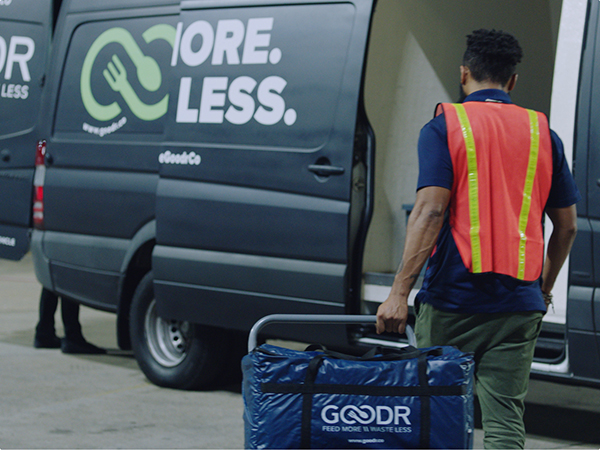
Thanks to Goodr’s digital connectivity, it was able to continue working with clients to divert food to the places it was most needed. And thanks to this connectivity, it was able to scale up from there. Jasmine reached out to businesses that suddenly found themselves shuttered and with excess food that would likely have gone to waste. Goodr decided to provide a new platform for those looking to donate groceries to families in need. “We were able to get that capability up and on our website in a matter of minutes,” she says, “and then we got the word out on Twitter.” She followed up later, sharing pictures and stories of the families helped by these donations so that those who gave could see the true impact of their generosity right there in their feed.
Goodr was founded to achieve what it calls a triple-win solution: help hungry communities in need, reduce greenhouse emissions from landfills, and find a way to help clients succeed financially—all at once. Jasmine, Terrence, and the rest of the team are proud to say they can achieve this every day, even during a time of crisis. There’s no doubt in Jasmine’s mind why that is: “We are a digital-first business, and that is what has allowed us to continue helping others.” Terrence agrees, adding that Goodr is looking to start a new campaign with Google Ads to spread some good news. “We’re now looking to the next step, which is expanding Goodr’s operations to other cities—so we can help even more communities in need.”
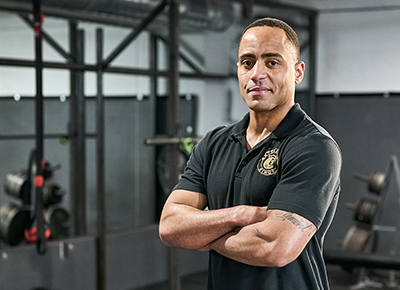
Finding opportunity in nationwide stay-at-home policies, which created a massive surge in its online sales, this company leaned into its experience with digital tools for a solution to meet the new demand.
Learn more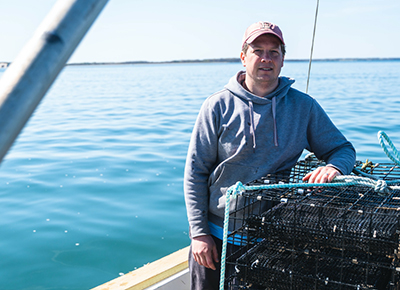
Business skidded to an abrupt halt for this company when restaurants shuddered. Using digital tools, the company reinvented itself overnight with ‘door-to-door’ direct online sales to its customers.
Learn more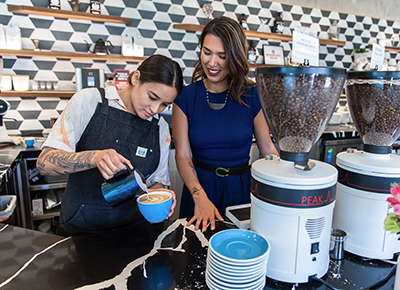
When the crisis closed this company’s doors, digital tools opened others. From increased online sales to the creation of a whole new online community, this company recovered its losses and turned a profit thanks to its digital strategy.
Learn more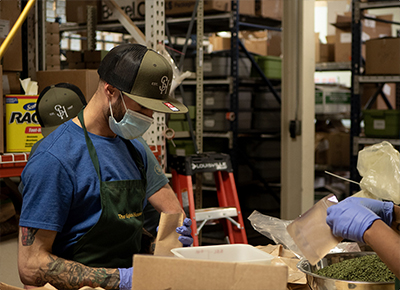
From shifting brick-and-mortar operations online to employing laid off restaurant workers, this digitally connected company overcame several hurdles while helping out colleagues in a struggling industry.
Learn more